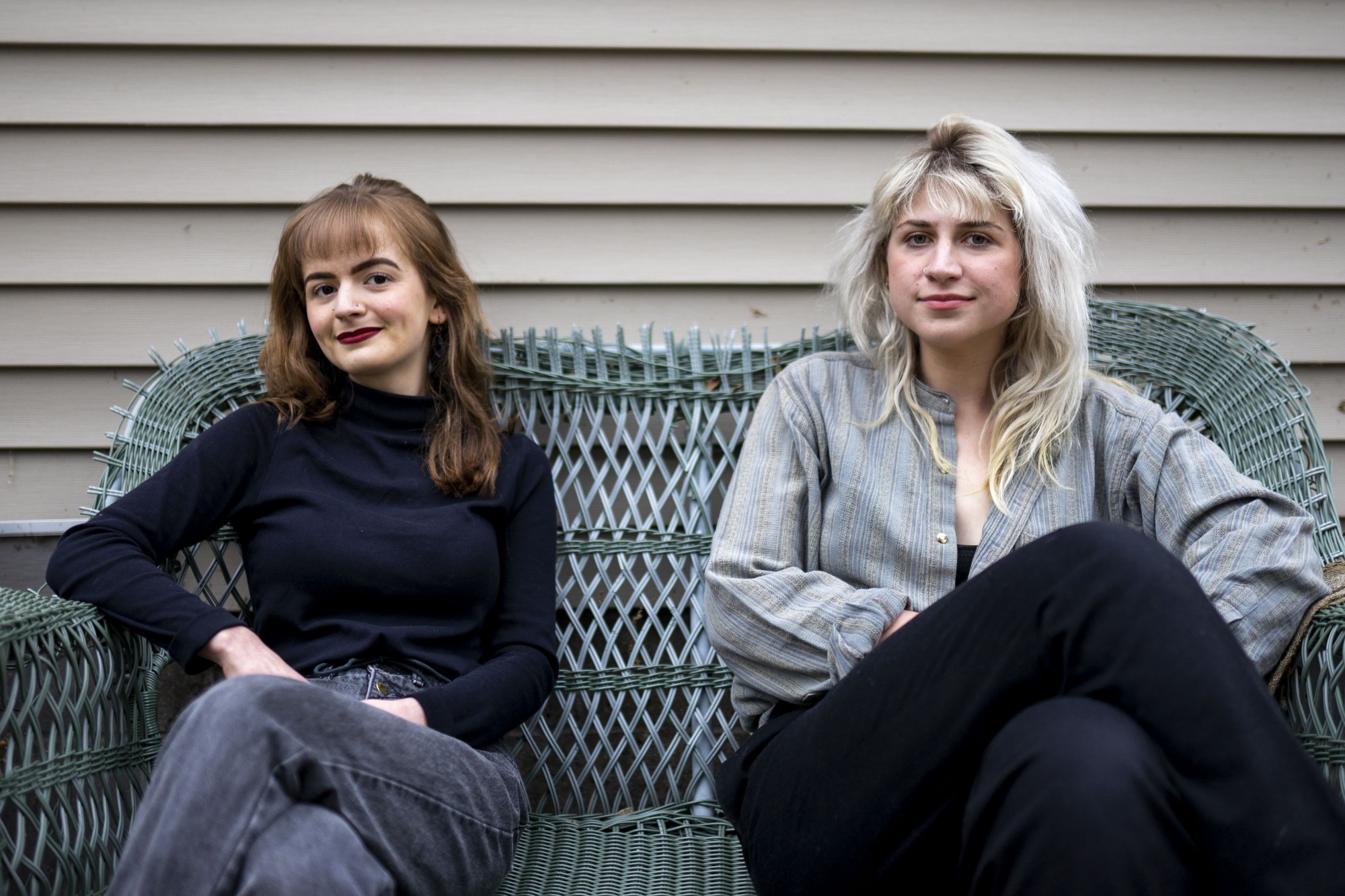On March 15, Radio K Programming Director Darby Ottoson called the working DJ 12 minutes before their shift ended to say the station’s operations were moving online. Campus was shutting down, and Radio K had to adapt quickly.
The music industry has been jolted by COVID-19, from the indefinite closure of major venues to staples of the local music scene like Radio K. The oldest licensed, non-commercial broadcast station in the country has gone remote during the pandemic — meaning no live DJ breaks and no in-studio sessions.
Now, the 17,000 CDs in the Rarig Center studio are inaccessible, so Music Director Maddie Schwappach has had to innovate. She said Radio K has fallen back on its overnight mix to get the music to air each day. The mix was typically reserved for the time between about 3 a.m. and 6 a.m., when the many volunteer student DJs were asleep — but it has become the only way the station can put out music remotely.
“It’s just very telling of the spirit of college radio that we were able to so quickly just pivot and keep trying to create a sense of community,” Ottoson said. “I had no doubt when this all started unfolding that Radio K would figure it out because we kind of always do.”
Radio K has maintained some semblance of its normal programming, Ottoson said. Real College Podcast is still recording, and the station’s local show held a recent Instagram Live studio session with Minneapolis favorites Early Eyes with music still hitting the radio waves.
To expand remote content, Schwappach has reached out to various record labels to get as many digital files as possible.
“Sanitizing 17,000 CDs is not really possible,” Schwappach said.
The team has recorded audio clips from home to break up the music and replace live DJ cuts. The station’s pledge drive was supposed to begin a couple of weeks ago, but Ottoson said the focus shifted from “please donate” to “please hang in there.”
Even without the pledge drive, Radio K Marketing Director Rose O’Neill said the station has seen an outpouring of support from listeners during the pandemic. She said the team has amped up its social media presence and has had more engagement than usual from listeners.
“If something happens — something big, especially like this — and now a lot of people are in their homes, it’s Radio K that people come to,” O’Neill said.
The sound quality has not suffered significantly since many of the DJs are in bands or do audio work as a hobby. Even if it had, Ottoson said the college radio brand allows for some unpolished clips.
“We’re appreciative of the fact that our brand as Radio K is a little bit like scrappy and kind of DIY,” Ottoson said. “I think it’s endearing for people to know that we’re still just trying to put out what we can at this time”
Some of the station’s top leaders — notably Schwappach and Ottoson — are graduating, and they’re still navigating how to pass the torch. Their work has changed significantly while working remotely, which complicates training.
Like many University students graduating this semester, what might have been a grand farewell ended on a seemingly typical day for Schwappach. She detailed her unexpectedly final DJ shift in an article for Twin Cities alt-weekly City Pages titled, “I accidentally finished my college radio DJ career with ‘Yellow’ by Coldplay.”
Despite some of the difficulties of moving operations online and transitioning leadership, Ottoson and Schwappach said Radio K will continue to be resilient.
“We are really well-established and have support from the community and the University, so I think we’re going to be able to carry on all right,” Ottoson said.








